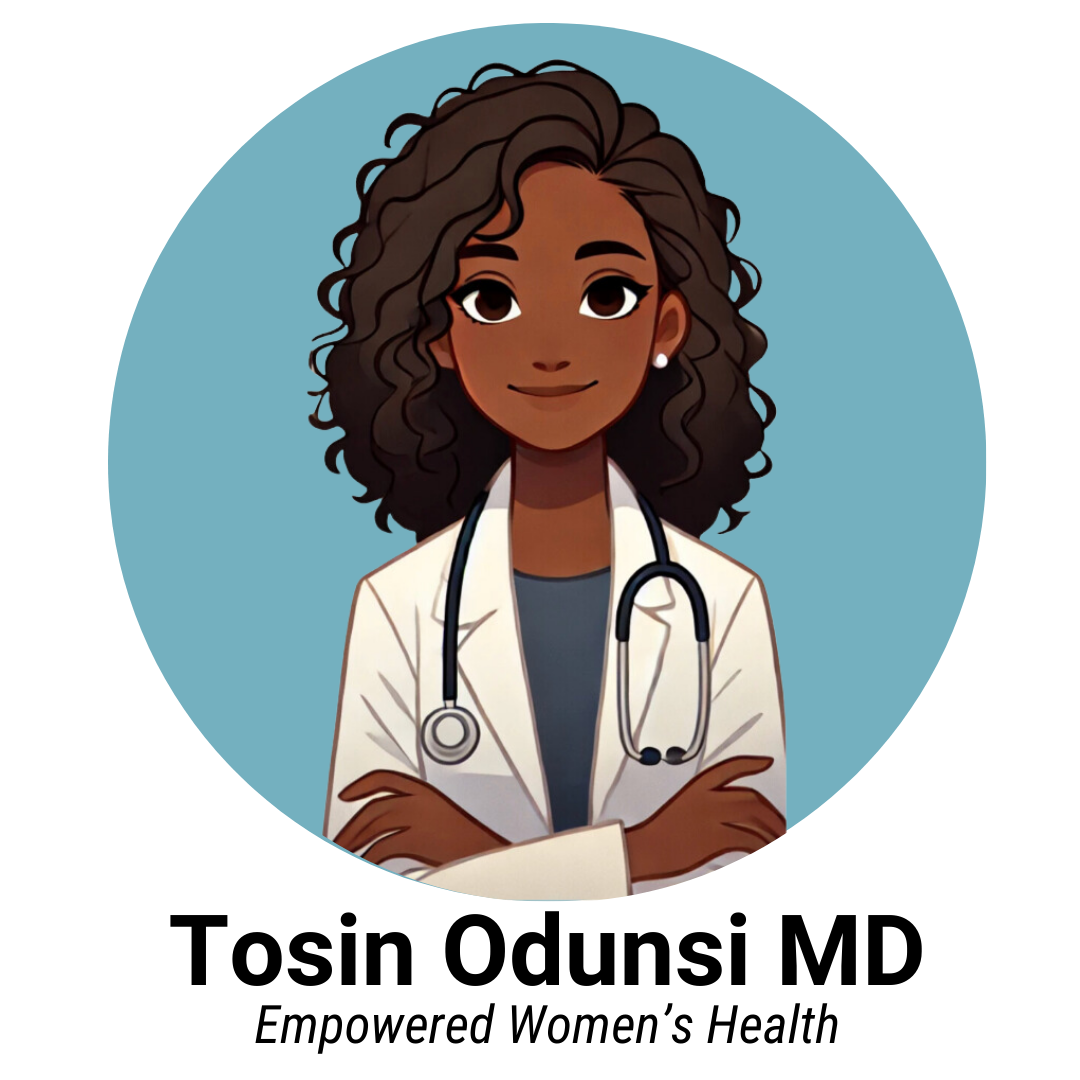About Me- My Journey with Endometriosis and Why I’m Here to Help
From Personal Experience to Expert Care
Introduction:
Endometriosis is a condition that affects many women, yet it can be difficult to understand. This guide is here to help explain what endometriosis is and offer support to those who may be struggling with the diagnosis. Whether you’ve just been diagnosed or have been living with this condition for some time, it’s important to know you're not alone. Many women, including healthcare professionals, have been in your shoes.
What is Endometriosis?
Endometriosis is a medical condition where the tissue that normally lines the inside of your uterus (the endometrium) grows outside the uterus. This tissue can be found on the ovaries, fallopian tubes, and even other organs in the body. Despite being outside the uterus, this tissue still behaves like it normally would, thickening and shedding during each menstrual cycle. However, because it’s outside the uterus, there’s nowhere for this blood to go, leading to pain, inflammation, and scar tissue formation.
Common Symptoms:
• Pelvic Pain: One of the most common symptoms, often worse during menstruation.
• Infertility: Endometriosis can make it harder for some women to conceive.
• Heavy Periods: Women with endometriosis may experience unusually heavy or irregular periods.
• Painful Intercourse: Pain during or after sexual activity is another common symptom.
• Bowel or Urinary Issues: Endometriosis can affect other organs, leading to discomfort during bowel movements or urination.
Personal Experience:
As someone who was diagnosed with endometriosis during medical school, I understand how overwhelming this condition can feel. I was shocked when I learned that infertility was a common issue for women with endometriosis. It’s not easy to navigate the physical and emotional pain of this condition, especially when you're faced with important decisions about your health and future.
Why Education Matters:
When I was first diagnosed, I found myself confused and searching for answers. It was difficult to find clear, reliable information, and I realized that many women were likely in the same situation. This experience has motivated me to provide accurate, evidence-based information to my patients, ensuring they feel heard and supported.
What You Should Know:
• Infertility: Endometriosis can make it harder to get pregnant, but it’s not impossible. There are treatments and options available, including fertility treatments.
• Pain Management: There are ways to manage the pain associated with endometriosis, including medications, hormone therapies, and surgery.
• Emotional Support: Living with endometriosis can be emotionally challenging. It’s important to seek support, whether from friends, family, or a healthcare professional.
Conclusion:
Endometriosis is a chronic condition, but with the right information and support, it can be managed. Remember, it’s okay to feel confused or overwhelmed—many women do. But you are not alone, and there are answers and treatments available. Always seek medical advice that is evidence-based and don't hesitate to ask questions.
What Do You Want To Learn About?

For Physicians
Stay Up To Date with My Research

For Your Company
Professional Public Speaking

For Patients
Knowledge Is Power

